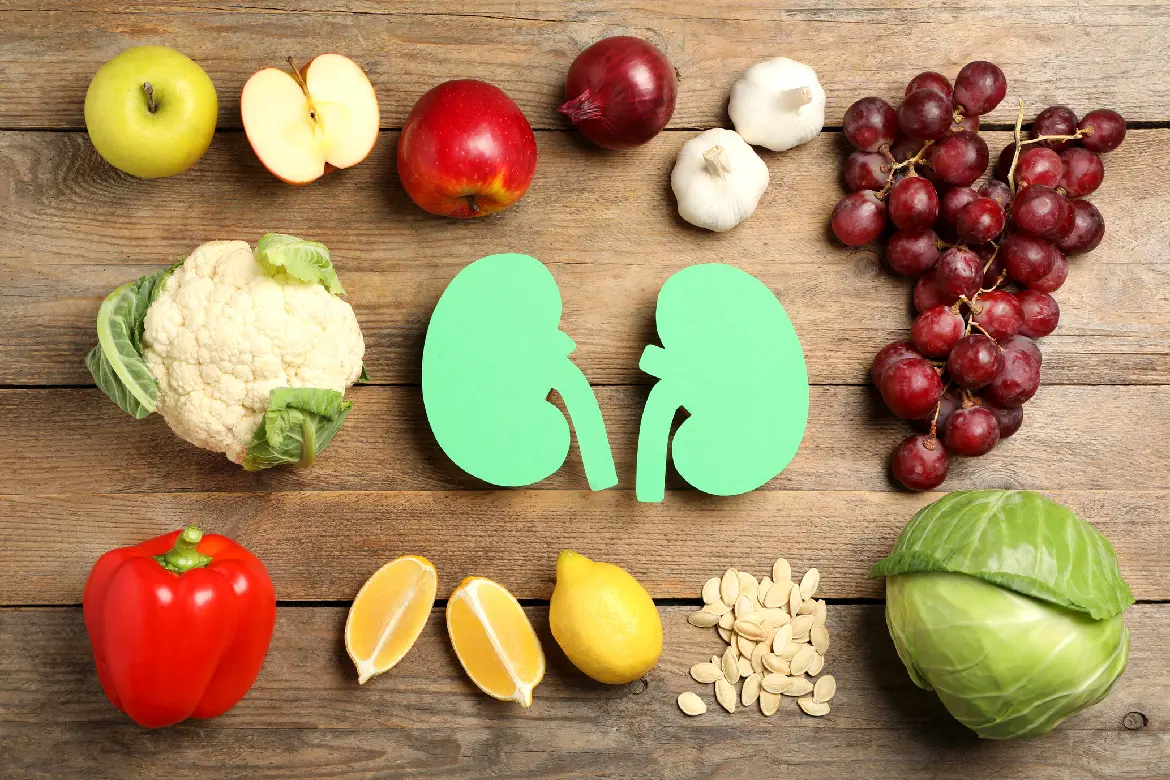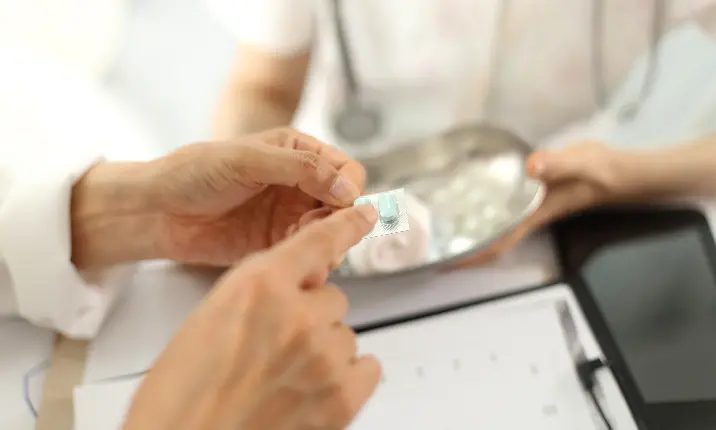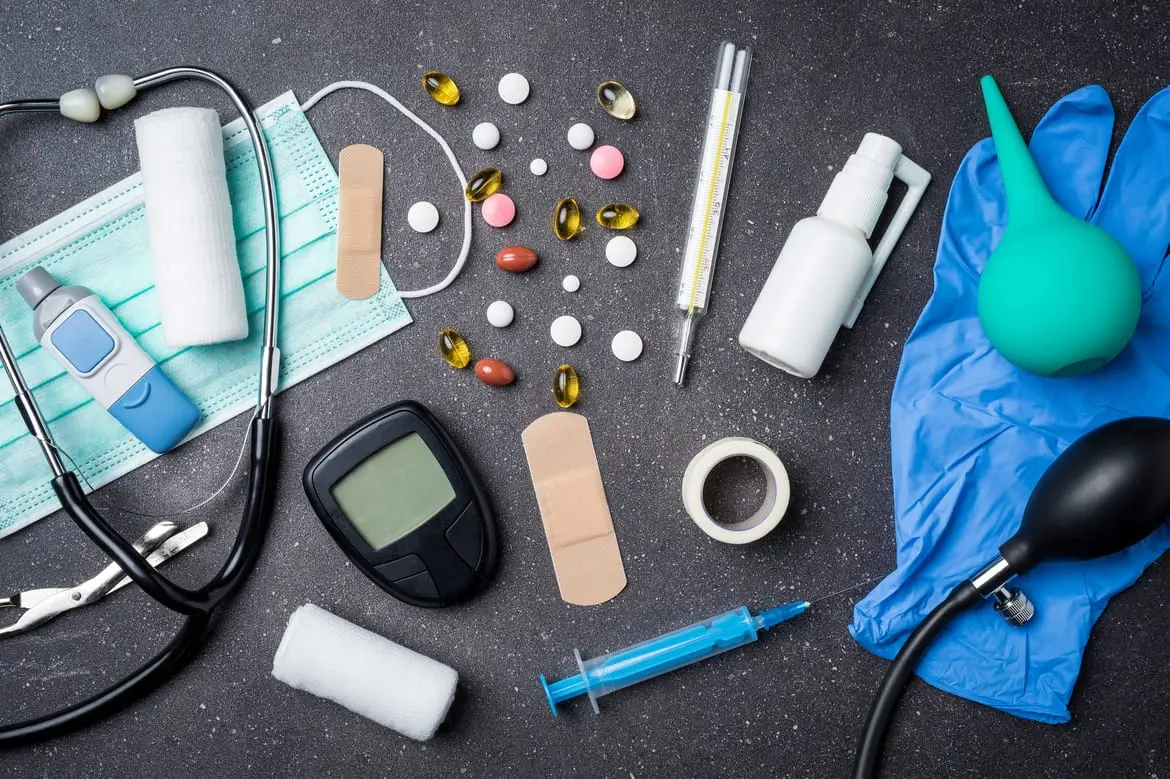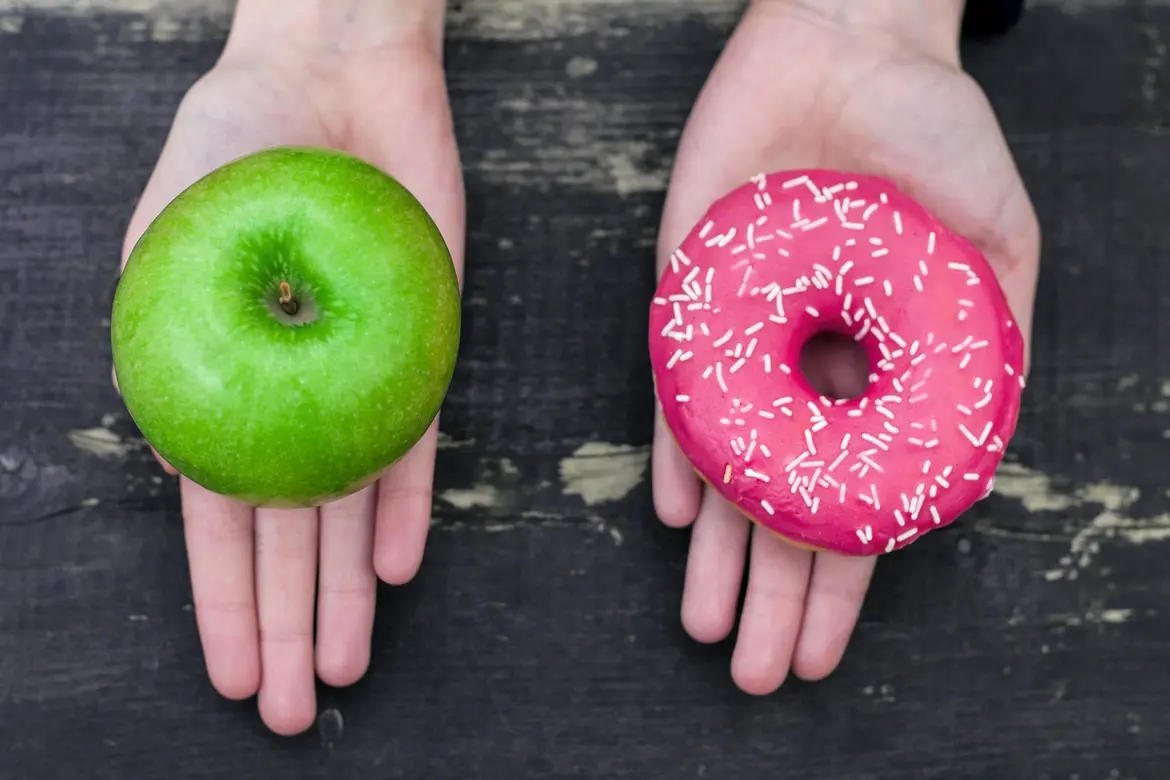Chronic kidney disease is on the rise in Singapore, and a significant number of individuals are only discovering it when it’s reached an advanced fifth stage, otherwise known as kidney failure. We delve into this insidious disease, how to slow its progression, and ways you can manage CKD optimally.
What is chronic kidney disease?
Our kidneys don’t usually get much attention, especially when compared to powerhouses like the brain and the heart. But they are vital organs, helping us filter waste and fluid from our blood, regulate the body’s blood pressure, maintain bone health and more.
Often due to diabetes and high blood pressure, the kidney’s filtering capabilities can become compromised. When the kidneys’ function deteriorates for more than 3 months, doctors term the condition as chronic kidney disease (CKD), a condition where the kidneys continue to lose their function progressively over five stages.
What is the first sign of kidney problems?
During early stages, CKD does not usually cause noticeable symptoms. However, as the disease progresses into its later stages, you may notice the following symptoms:
- Fatigue
- Loss of appetite
- Urinary urgency
- Sleep difficulties
- Erectile dysfunction in men
Due to the progressive loss of the kidney’s function, the patient may also experience health concerns such as anaemia, increased susceptibility to infection, low calcium levels and high potassium and phosphorous levels.
How can you live with and manage CKD?
Unfortunately, CKD is not reversible, nor can it be ‘cured’. However, its progression can be slowed by managing the underlying causes of CKD and curbing the symptoms and complications resulting from the disease. Regular collaboration with medical professionals is essential for effective CKD management, not to forget lifestyle tweaks and maintaining a positive mindset.
Medications
Doctors may prescribe medications to address the causes of CKD, such as diabetes, high blood pressure and high cholesterol. For patients who have CKD due to a history of diabetes, treatment often includes medication to lower blood sugar, as high blood sugar can cause further damage to the blood vessels in the kidneys.
Common health concerns arising from CKD may also be treated with medication. A common effect of CKD is anaemia, which refers to the body’s reduced capacity to produce red blood cells. To manage it and keep unwanted symptoms such as fatigue and heart-related symptoms like palpitations at bay, medications or injections may be prescribed.
Kidney transplant or dialysis
At stage five CKD or kidney failure, the kidneys stop functioning, leading to a build-up of toxins and waste in the blood. This can be life-threatening, and the patient would need to undergo a kidney transplant or dialysis to survive. A doctor can advise if the patient is a suitable candidate for a kidney transplant, or if dialysis (regular treatment involving removal of waste and toxins from the blood) is more appropriate. Medication and lifestyle changes will also be prescribed to ensure the patient can lead as optimal a life as possible.
Food choices
Eating the right foods can go a long way in helping you manage CKD. Seek the expertise of your doctor, who can help you determine how much and what type of foods you should be consuming.
- Eat less sodium
Less salt can help lower blood pressure and prevent fluid build-up in the body, which is ideal for individuals with CKD. Instead of eating your meals outside where excess salt may be included, try eating home-cooked food more often. And reach for spices, mustard and herbs for flavour instead of adding too much salt! - Eat less potassium
Kidney dysfunction can result in high amounts of potassium in the body, which can cause the heart to function abnormally. Swap out high potassium foods like bananas, melons, kiwi and dried fruits from your diet, in favour of moderate to low potassium foods like apples, pears, rambutans and lychees. - Eat less sugar and refined carbohydrates
This is a tip that anyone can benefit from, but even more so individuals with both diabetes and CKD. Limit baked goods, soft drinks, ice cream and sweets so you can prevent the escalation of kidney damage. - Understand your protein needs
If you are experiencing late stage CKD and are on dialysis, you may need more protein-rich foods, as protein waste is removed from the body during each session. On the other hand, early stage CKD patients would need to consume less protein, as the body is not able to remove all the protein waste from the body due to its reduced kidney function.
Exercise
Exercise can be beneficial to keep a CKD patient’s heart, bones and mind healthy. Specifically, it has the ability to improve kidney function, lower blood pressure, and can also be a great way to improve sleep, which is a common side effect of CKD. Always speak to a doctor so you can ensure you are doing the right forms of exercise, and at the right intensity for your specific stage of CKD. Be mindful not to overdo it, as intensive exercise especially under hot weather conditions and dehydration can cause CKD to worsen.
Limit alcohol and quit smoking
Poor kidney function raises blood pressure, and drinking alcohol in excess adds to the spike, making CKD worse. Hence, if you choose to drink, do so in moderation. Smoking with CKD is also not recommended, as it renders blood pressure medication ineffective, leading to blood pressure levels going unmanaged. Learn more about the adverse effects of drinking and smoking in this article.
Take care of your mental health
Perhaps an overlooked aspect of living with CKD: your mental health. Managing your mental health can be a game changer as it empowers you to engage in new interests that bring you joy, instead of focusing on the limitations that the disease brings. Staying mentally healthy also builds self-resilience and helps one effectively manage the symptoms that the disease poses. It is hence important to check in with oneself regularly, lean on loved ones for support and turn to professional help for more tailored guidance.
Caring for your kidneys begins with a health screening
As symptoms of CKD are often not present in the early stages, this makes going for health screenings all the more important so you can manage it early when fewer complications are present. Again, CKD is not a reversible disease, but it can be slowed with active management and guidance — which our Parkway Shenton GPs can offer. Taking the first step in taking charge of your kidney health is often the hardest one to take, but it will pay off in securing your health for the longer term.
Start your Healthier SG journey with us
Healthier SG is a national initiative by the Ministry of Health (MOH) that promotes accessible and affordable preventive care, empowering Singaporeans to live longer, healthier lives. Parkway Shenton clinics are registered Healthier SG clinics, and by enrolling with us, you will automatically become a member of the Parkway Plus programme. Begin your Healthier SG journey with us today through your HealthHub app (See the FAQs here).
For enquiries or assistance with Parkway Plus or Healthier SG enrolment, call our Healthier SG helpline at 6233 9620.















